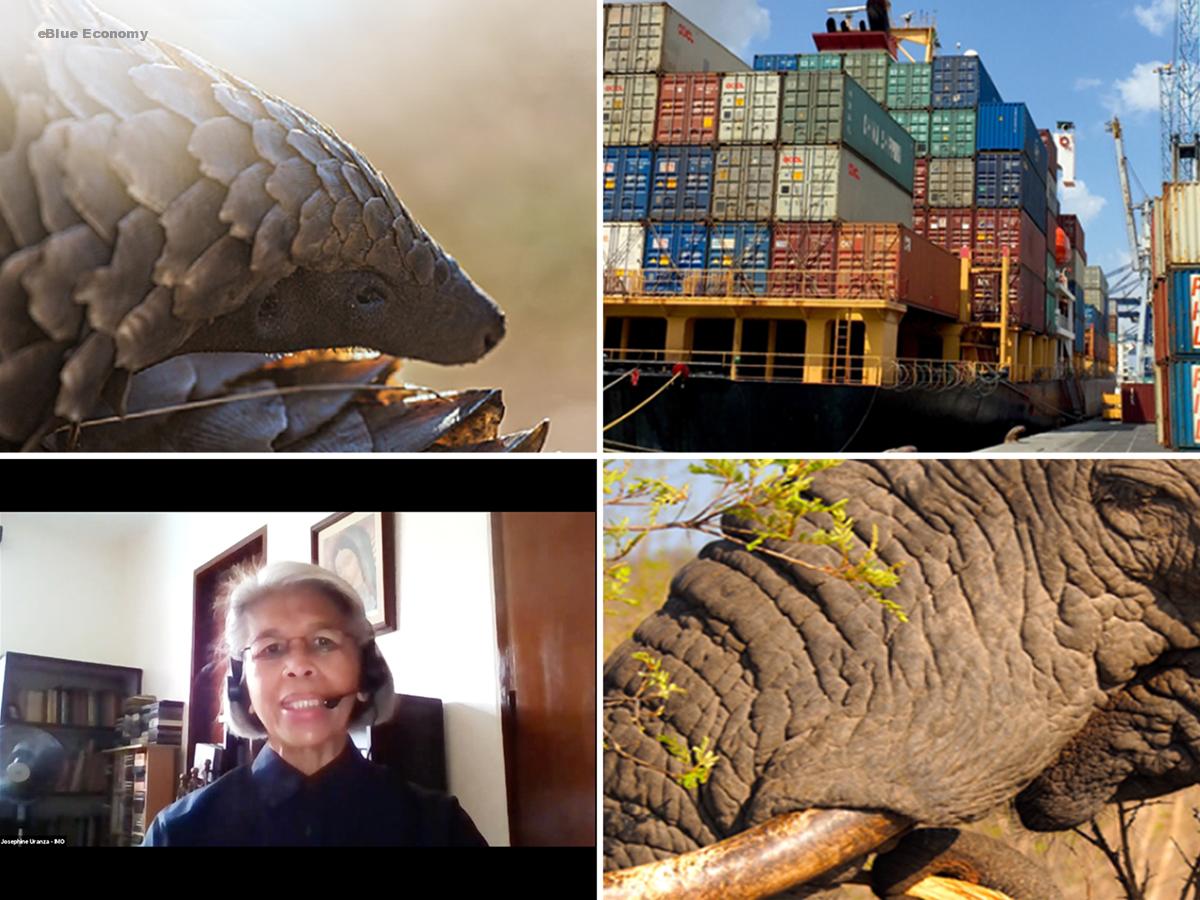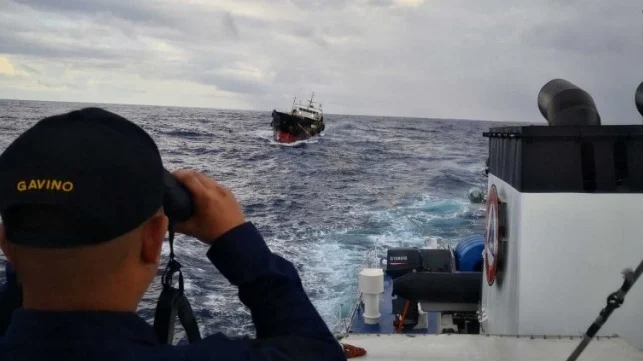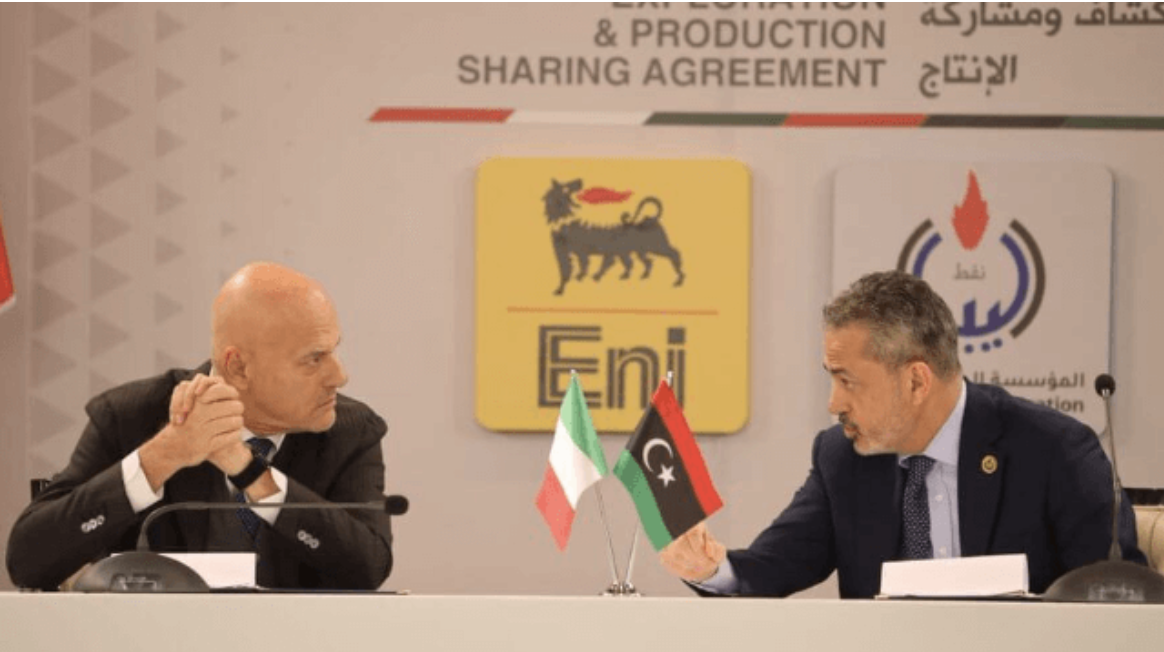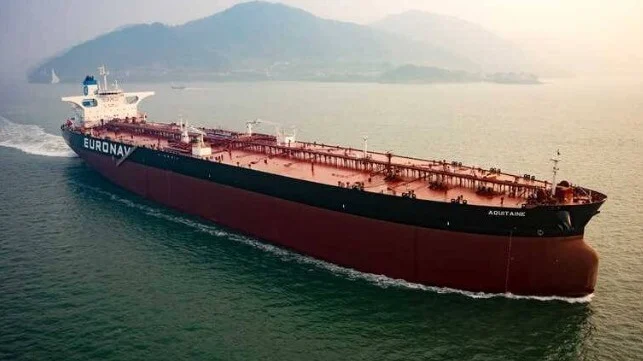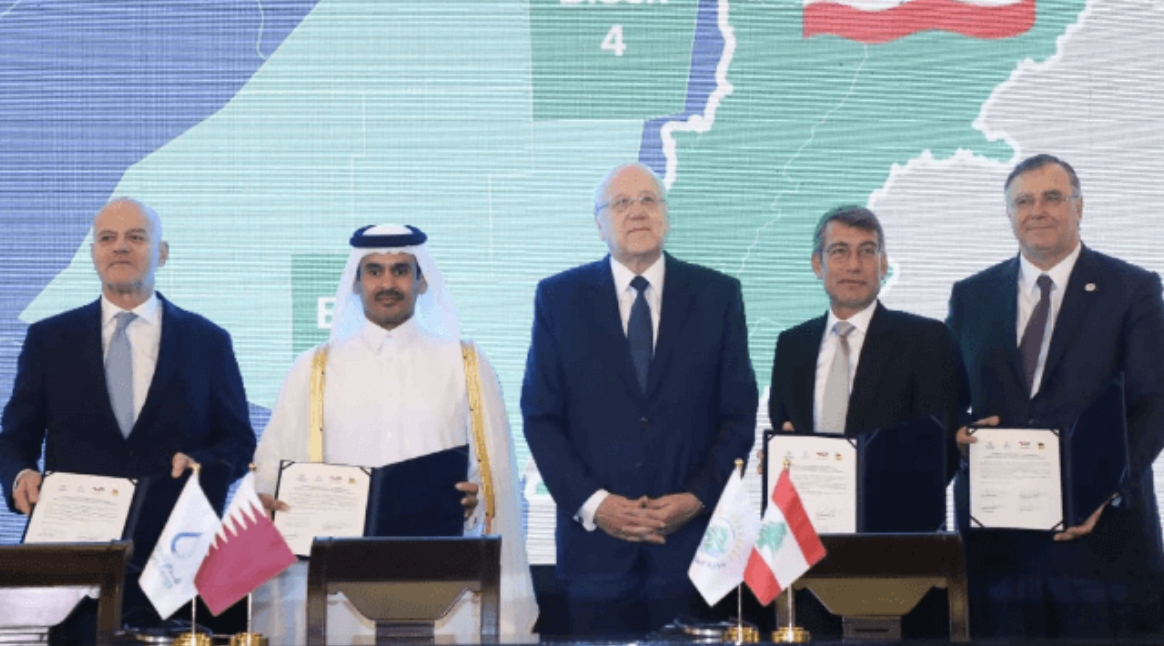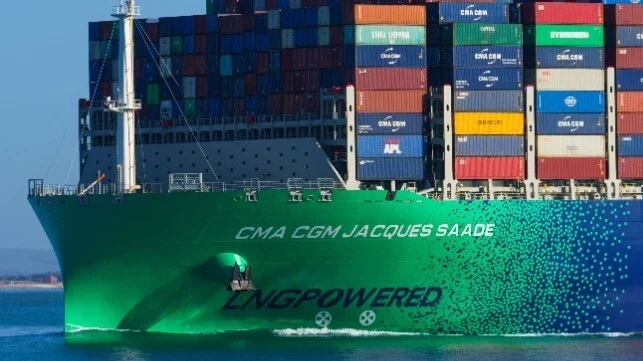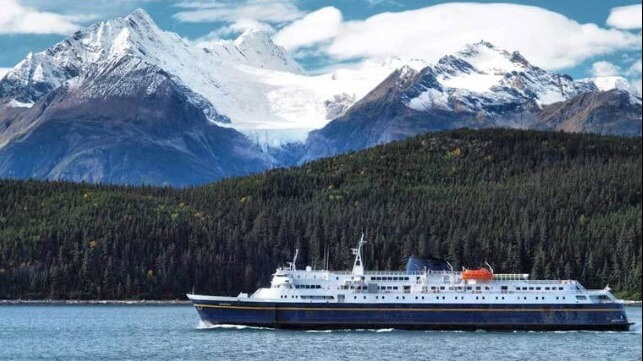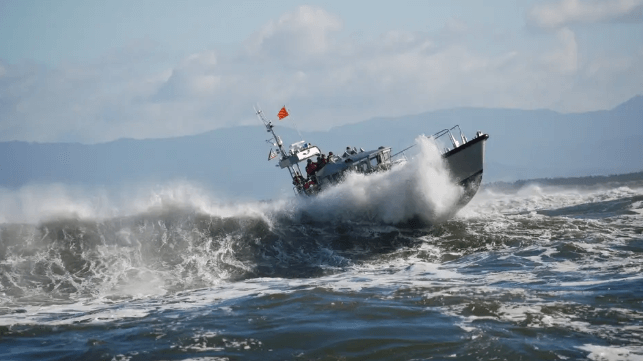Webinar on ‘Asia Dialogue on Responses to Wildlife Trafficking in Maritime Transport
As is the case for other goods being carried by sea, much of the world’s illegal wildlife trade is transported onboard vessels, underscoring the need for IMO’s involvement in the fight against this illegal activity.
At a webinar on ‘Asia Dialogue on Responses to Wildlife Trafficking in Maritime Transport’ Josephine Uranza, IMO Regional Coordinator, Regional Presence for Technical Cooperation in East Asia highlighted the efforts being undertaken to curb illegal wildlife trade, which is once more on the rise as trade restrictions caused by the Covid19 pandemic ease.
Co-ordinating with other agencies working
“While IMO is not the lead agency for the prevention and suppression of the illegal wildlife trade or the smuggling of drugs, the involvement of ships in illicit trade is clearly of interest, since one of our strategic directions is to enhance global facilitation and security of international maritime trade,” she explained, adding that the IMO is working towards this goal.
In addition to co-ordinating with other agencies working in this field and raising awareness of illegal wildlife trade via tools such as webinars, Uranza emphasised the role that the IMO Facilitation Committee (FAL Committee) was playing in tackling this issue. Following a proposal from the Government of Kenya, the Committee has agreed to develop guidelines for the prevention and suppression of the smuggling of wildlife on ships engaged in international maritime traffic.
The work of the IMO was welcomed by other speakers on the panel, who pointed out that a regulatory inducement to combat illegal wildlife trade would provide the necessary incentive for global adherence to best practice. There was also consensus that greater cooperation and cross-border information sharing is integral to enforcement of any regional anti-trafficking regulation, as is stronger support from private companies along the supply chain as well as governments.
The other speakers on the panel were
- Kanitha Krishnasamy, Director, TRAFFIC in Southeast Asia
- Mark Watson, Group Head of Sustainability, John Swire & Sons (HK) Ltd and Asia Pacific Chair of the United for Wildlife’s Transport Taskforce
- Giovanni Broussard, Regional Coordinator, United Nations Office on Drugs and Crime (UNDOC) Global Programme for Combatting Wildlife and Forest Crimes in Southeast Asia


